Order and space for every thing = no clutter.
No clutter = empty space.
Empty space = livability.
By order, we conserve the space for the essential and leave thereby a little unused space, a breathing space, space to move around in, a little luxury.
Many Functions Must Be Accommodated Within the Safety and Privacy of the Home
While in some countries the state (or the community) tends to assume, and place outside the home, some of the functions listed above, eg tending of the children, care of the ill and elderly, some food preparation, most houses in the world will have to be able to accommodate all the functions listed above.
Many are the possessions and utensils within the home.
All activities connected with living require some kind of furniture, utensils or tools and, therefore, require space to accommodate them.
While, in poorer nations, necessity causes people to get along with less, the lesser tools and utensils are often of better quality, of more beauty and of longer lifespan than those made in richer nations.
In richer nations, furniture, tools and utensils are often badly made, and often discarded due to changes of whim and fancy.
Therefore it seems that the overall space required to accommodate such items should not vary too much between rich and poorer peoples. While the rich perhaps have more clothing, the poorer have more tools, more cloth-materials, more utensils to tend gardens and animals.
Nevertheless, the accommodation of possessions, tools, utensils, and furniture is a real problem which can only be solved by individuals choosing carefully, scanning carefully storage possibilities and by carefully disposing of those items which are in the way.
Some furniture, possessions, tools and utensils to be accounted for:
Beds, baby cribs, tables, straight chairs, easy chairs and settees, desks or counters, chests, trunks, boxes, bathtubs, heating stoves, toilets, bidets, washbasins, cooking stoves, heaters, refrigerators, freezers, washing machines, dryers, ironing boards, vacuum cleaners, brooms and dustpans, sewing articles, sewing machines, cutlery, dishes, bowls, serving trays, pots, pans, cooking aids, baking forms, baking utensils, kitchen appliances, clothing and coats, table cloths, bed linen and pillows, bed covers, shoes, ties, scarves, umbrellas, garden rakes, shovels, spades, forks, shears, books, writing materials, toys of all kinds etc. etc.
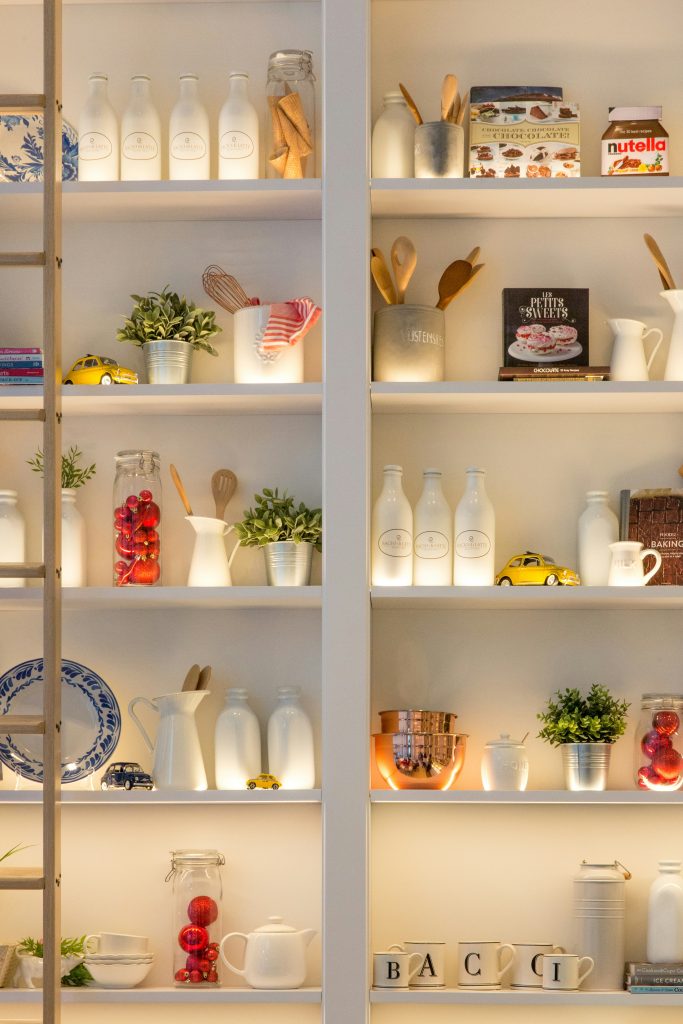
Photo by Jason Leung on Unsplash
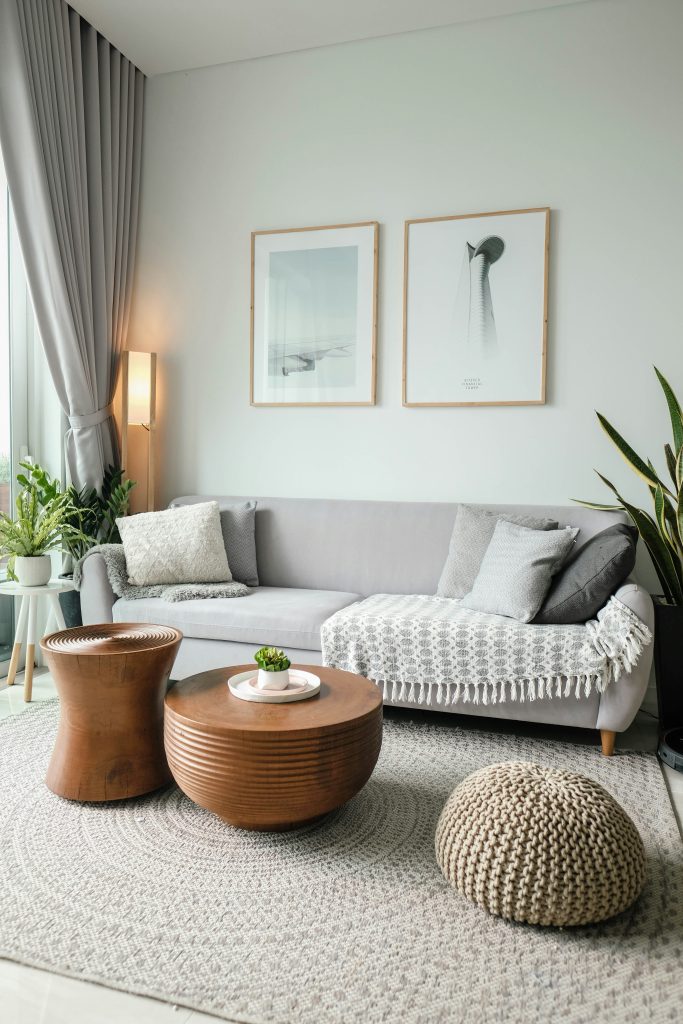
Philosophy:
Order and space for every thing = no clutter.
No clutter = empty space.
Empty space = livability.
By order, we conserve the space for the essential and leave thereby a little unused space, a breathing space, space to move around in, a little luxury.
The little luxury makes life worth living.
The empty space gives flexibility.
The empty space can be used for anything.
The empty space incites the imagination.
The Traditional Japanese House
A most notable example of the above is the traditional Japanese house.
The Japanese house provides:
- Orderly storage
- Uncluttered space
- Empty space
- Flexible and multi-use space (no distinction between living and sleeping areas)
- Luxurious space
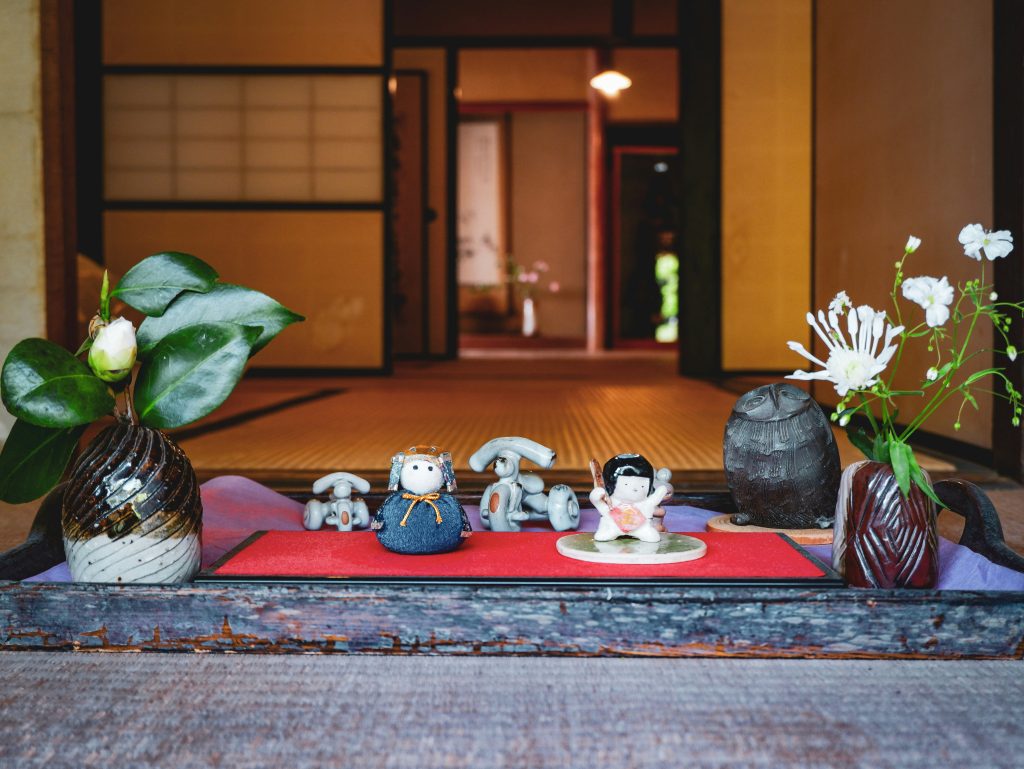
Photo by Susann Schuster on Unsplash
The Japanese house also provides:
- Close integration of house and nature
- Life of considerable beauty and elegance within a very small space and at great density.
Sleeping on the floor on mats or in hammocks at least doubles space. Other cultures use a similar approach to living accommodations: Traditional Japanese, Malaysian, Korean, etc.
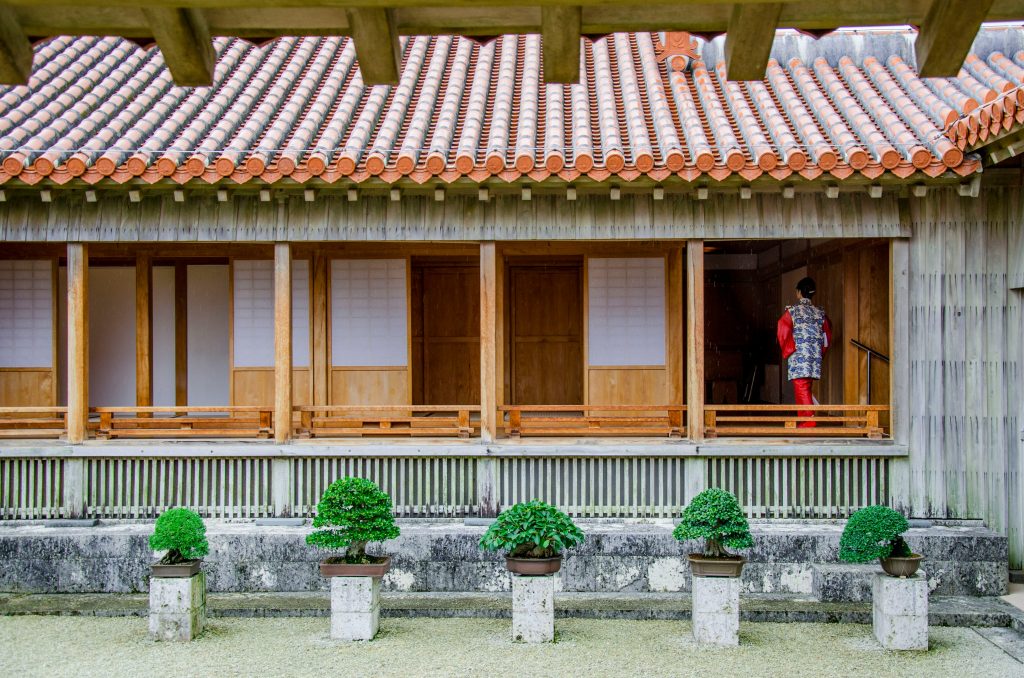
Photo by Julie Fader on Unsplash
Functions of The Home To Consider
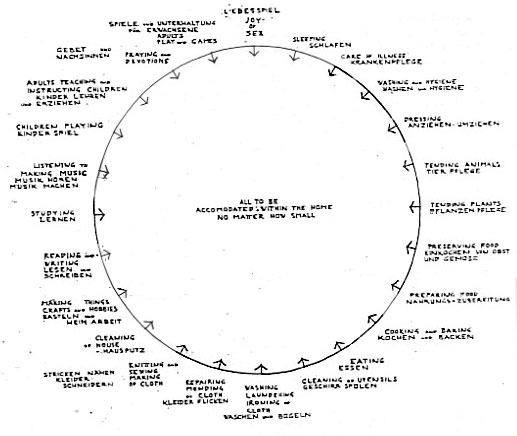
Manfred’s hand-drawn diagram of the many functions which must be accommodated in the home, no matter how small.
- play and games
- sex
- sleeping
- care of illness
- washing and hygiene
- dressing
- tending animals
- tending plants
- preserving food
- preparing food
- cooking and baking
- eating
- cleaning of utensils
- washing, laundering, ironing cloth
- repairing, mending of cloth
- knitting, sewing, making of cloth
- cleaning of house
- making things, crafts, hobbies
- reading and writing
- studying
- listening to, making music
- children playing
- adults teaching and instructing children
- praying and devotions
